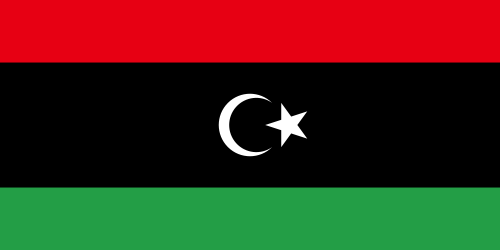By Padraig O'Hannelly.
In most developed societies, the state runs the police and the army, while the supply of goods and services is left, for the most part, to the markets. Not so in Libya, where this model is reversed.
Here, the state has a very tenuous grip on security, with private militias effectively running their own fiefdoms, while something as simple as the production and supply of bread is controlled by government.
Libya's security problems are well-known, but the lack of an efficient market economy is less widely publicised. To take the example of bread, Reuters reports that as much as 40 percent of the bread produced is disposed of as waste or fed to animals, and a loaf of bread costs as little as $0.02. Political game-playing is now delaying payment to wheat suppliers and putting the country at risk of future shortages.
Fortunately, Libya has a plan to privatise some of its state-owned businesses, and over time it should distance itself from operations that could be done better by private enterprise.





